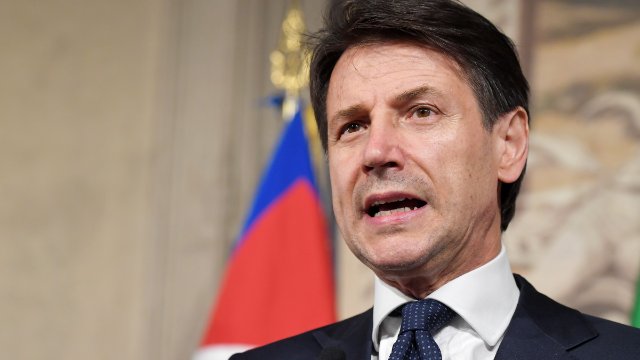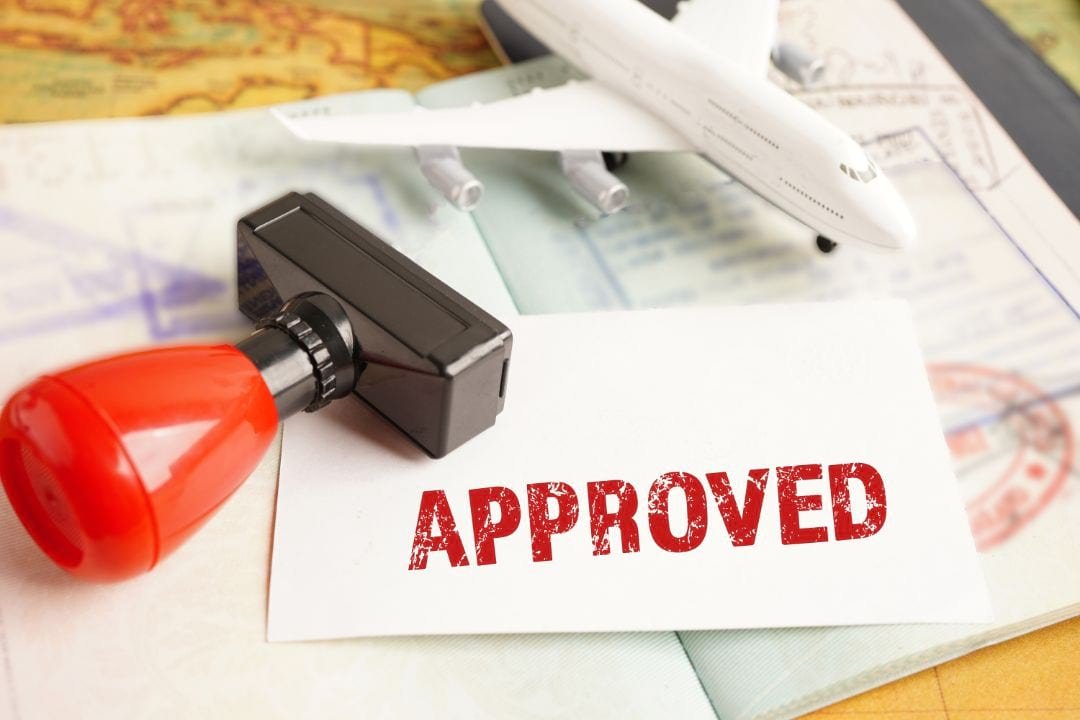EU Adds Another 19 Venezuelan Officials to Its Travel Ban List
The European Council has banned from entering the territory of the European Union Member States and the Schengen Associated countries another 19 Venezuelan officials in key positions in Venezuela’s regime led by dictator Nicolás Maduro.
Following the conclusions of January 25, 2021 od the same council, which among others noted that the European Union is ready to undertake the necessary measures in order to act against those violating human rights in Venezuela, undermining the democracy and rule of law in the country.
According to a press release of the Council, the 19 officials added to the list are responsible for undermining the oppositions’ electoral rights and the democratic functioning of the National Assembly, as well as for serious violations of human rights and restrictions of fundamental freedoms.
“Today’s decision brings to 55 the total number of individuals subject to sanctions, which include travel bans and asset freezes. These targeted measures are designed not to have adverse humanitarian effects or unintended consequences for the Venezuelan population and can be reversed,” a press release of the country reads.
It further notes that the EU will keep working with stakeholders in Venezuela in a bid to promote peaceful dialogue and a democratic and sustainable solution to the crises in the country.
The EU had first imposed sanctions on officials of Venezuela in November 2017, following a series of protests occurring throughout Venezuela, which began in January 2017, and continued throughout the whole year and on. In July, the country held the Constituent Assembly election, in which were elected persons who were loyal to the government due to the opposition boycott of the election
Aside from the entry ban, the measures included an embargo on arms and on equipment for internal repression and froze the assets of the individuals in the list of banned persons.
The practice of imposing entry bans on officials undermining the democracy of a particular country, or violating human rights is common in the EU.
The block has a wide list of persons banned from entering the EU countries and the Schengen Area, as a result.
Only last year, entry bans on officials from several world countries, including Russia, Belarus, and Syria, were imposed and extended.
In September 2020, the Belarusian President Alexander Lukashenko, his son Viktor Lukashenko who is also a politician, and another 28 Belarusian officials were added to the list of unwanted persons by the Baltic. As the Baltic countries are part of the EU and Schengen Area, this means that the officials that were announced persona non-grata are banned from entering the whole EU and Schengen Area.
The decision was taken amid the ongoing protests in Belarus that started on August 9, upon Lukashenko’s win of the presidential elections, deemed as ‘rigged’ by Belarusian citizens and the rest of the European countries.
Later on the same month, the EU council decided to extend travel sanctions on 175 persons, for undermining or threatening the territorial integrity, sovereignty, and independence of Ukraine.


















